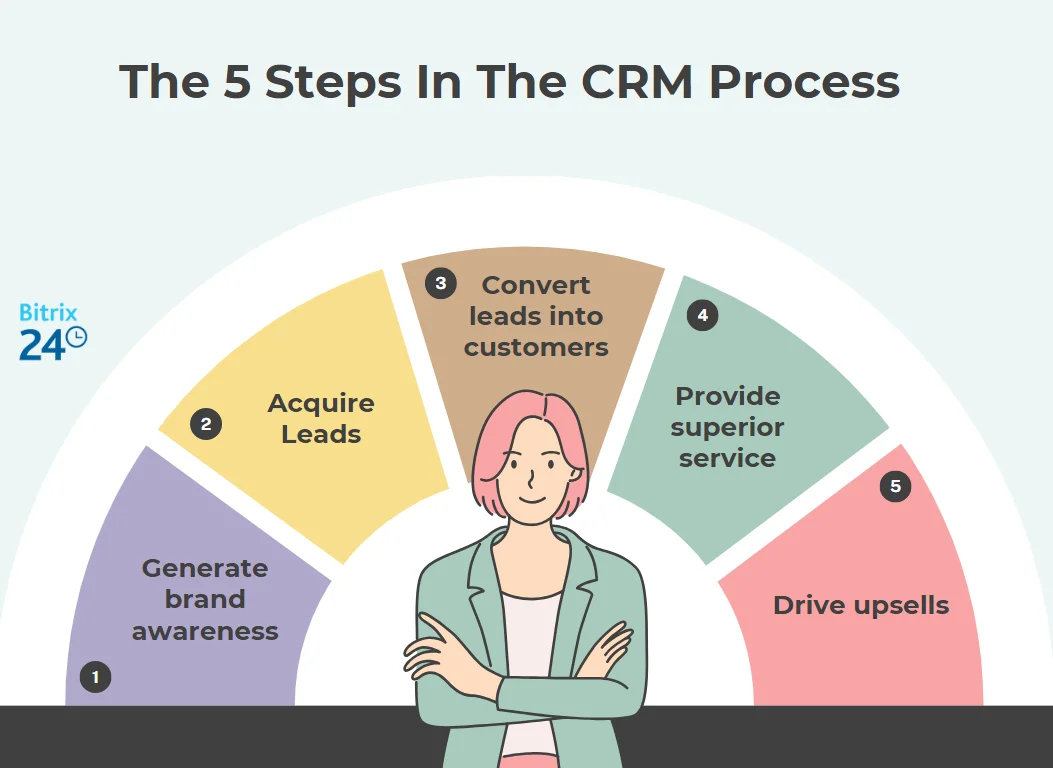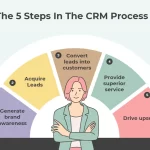
In today’s competitive business landscape, simply offering a high-quality product or service isn’t enough to attract and retain customers. While this remains a fundamental aspect of business growth, the emphasis has shifted towards creating personalized customer experiences. Customers now expect more than just a service; every interaction throughout their journey with your business matters. Personalized communication is key to enhancing customer satisfaction.
To make informed business decisions, it’s essential to understand customer behavior deeply and address their needs effectively. This is where CRM software becomes invaluable.
Whether you’re a new business owner or have been in the market for years but feel your sales efforts aren’t yielding results, implementing a CRM system is crucial. To maximize its benefits, establishing a CRM process is necessary.
What Is CRM Software?
Customer Relationship Management (CRM) is a strategy designed to manage and organize customer interactions effectively. Modern CRM solutions not only help in collecting and analyzing customer data but also streamline various business processes to enhance customer retention and marketing outcomes.
An all-in-one CRM tool can assist in:
- Creating marketing campaigns
- Outlining the sales pipeline
- Analyzing customer interactions
- Keeping track of purchase history
- Organizing ongoing management
There are numerous CRM tools available, each with different functionalities. They can generally be categorized into three main types:
Operational CRM
This type of CRM focuses on optimizing business operations. It’s essential for organizing the work of sales, marketing, and support teams to ensure a superior customer service experience. An operational CRM platform helps in:
- Facilitating team collaboration
- Providing easy access to business data in one place
- Automating repetitive and smaller tasks
Collaborative CRM
As the name suggests, this CRM type emphasizes managing customer information and making it accessible to all team members. It fosters collaboration between departments, such as marketing and sales, to improve customer satisfaction. A collaborative CRM system aids in:
- Managing customer data centrally
- Establishing communication with both customers and team members
- Providing consistent service
Analytical CRM
This CRM type is designed to analyze customer data to make informed decisions. It allows businesses to analyze sales notes, update strategies, and create long-term plans based on past successes to ensure customer satisfaction. An analytical CRM system helps in:
- Conducting in-depth data analysis on customer needs and issues
- Accessing sales and other relevant business data
- Making data-driven decisions by organizing and ranking customer information




